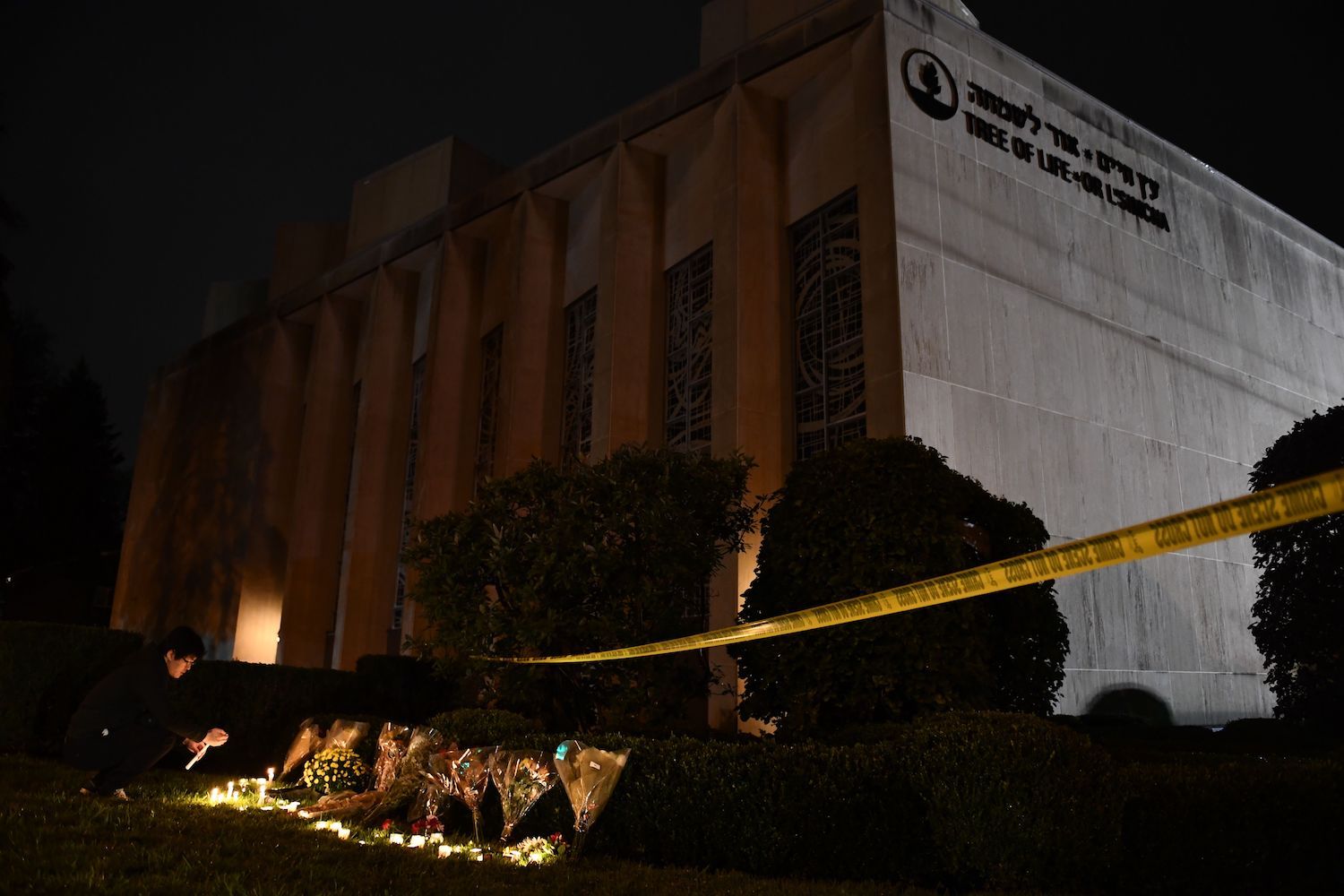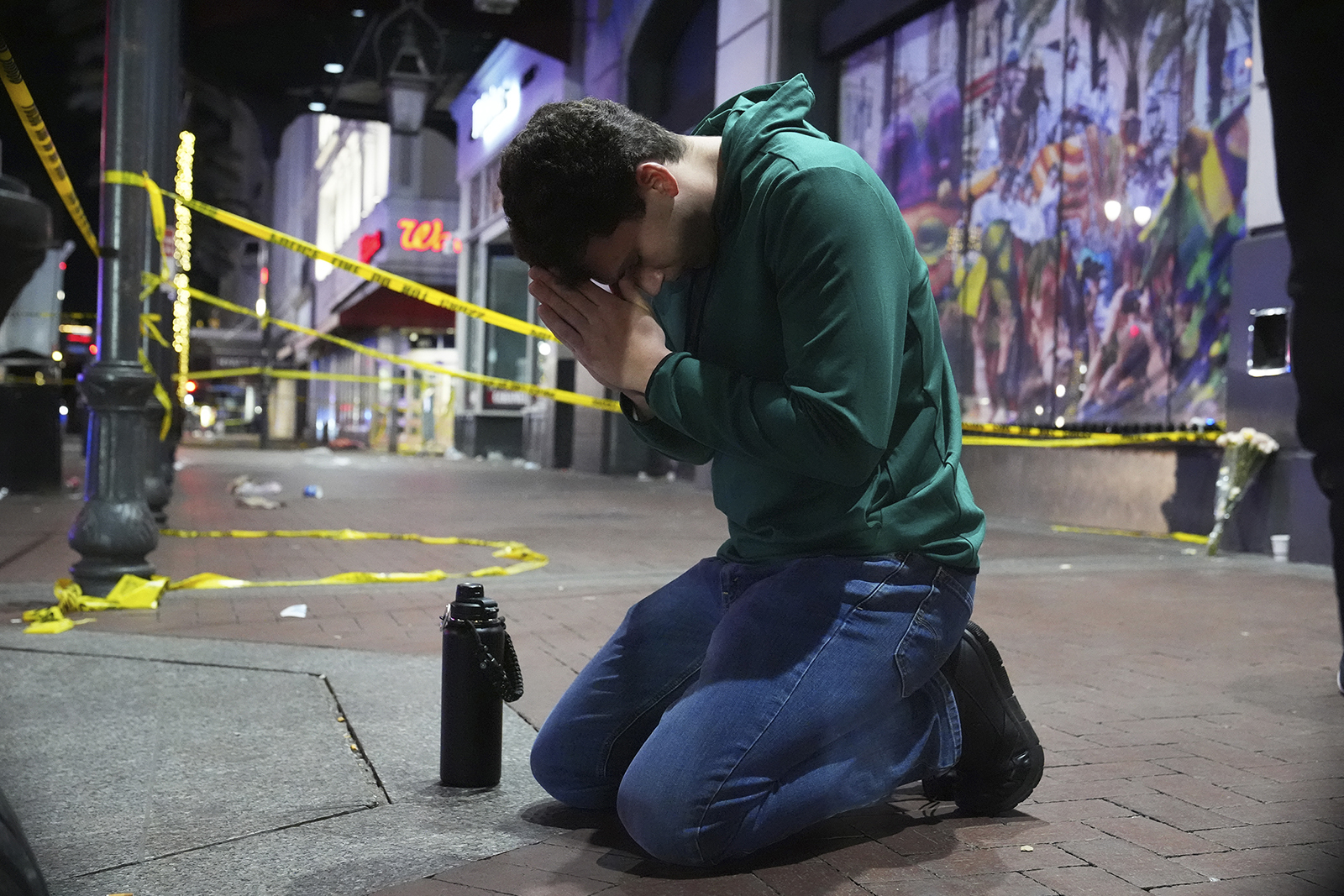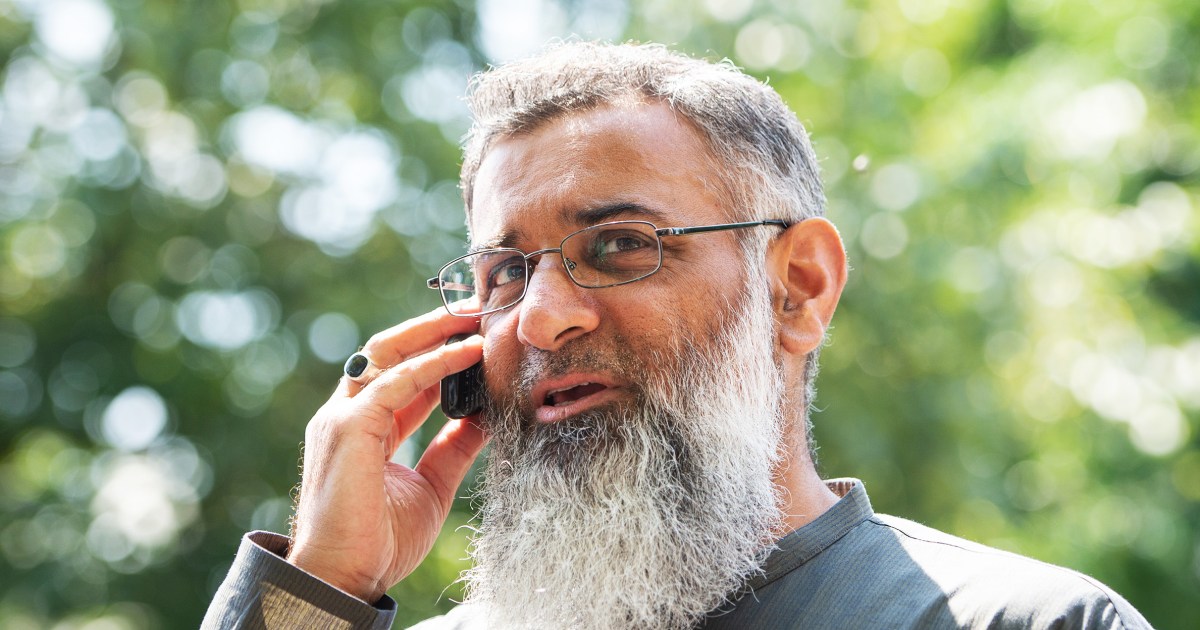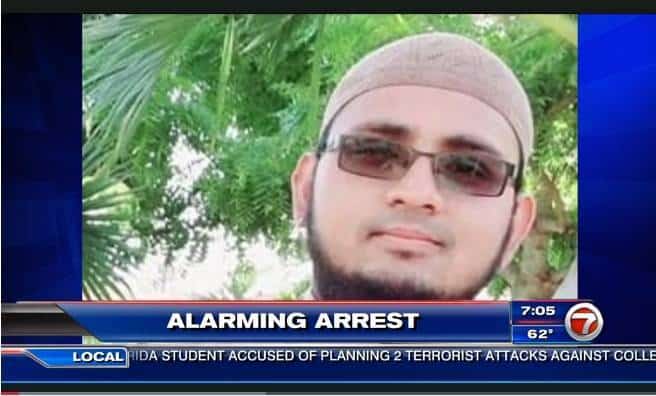In Saturday, a shooter gunned down at least 11 people at the Tree of Life synagogue in Pittsburgh, the single deadliest anti-Semitic attack in American history. U.S. President Donald Trump declared it a “wicked act of mass murder.” As the country grieved, police arrested 46-year-old Robert Bowers, the apparent gunman, who had barricaded himself in the synagogue after a shootout with the police. Before the attack, Bowers had repeatedly posted vicious anti-Semitic slurs on Gab, a social media site popular with white nationalists. He was heard shouting, “All Jews must die,” as he entered the synagogue.
Some observers have started to call the attack an act of terrorism. Others have shied away from using the term. But it’s probably right to use it—and doing so could spur the United States to put more resources into fighting anti-Semites, white nationalists, and violent domestic extremists.
In the general discourse, people tend to use the label “terrorism” to demonize their opponents while avoiding it for groups that they see as sympathetic. As the terrorism analyst Brian Jenkins observed in 1981, “Terrorism is what the bad guys do.” To some degree, that’s still where we are: Think of how critics of Israel call it a “terrorist nation,” for example, and how U.S. Interior Secretary Ryan Zinke blamed the California wildfires in part on environmental “terrorist groups.”







